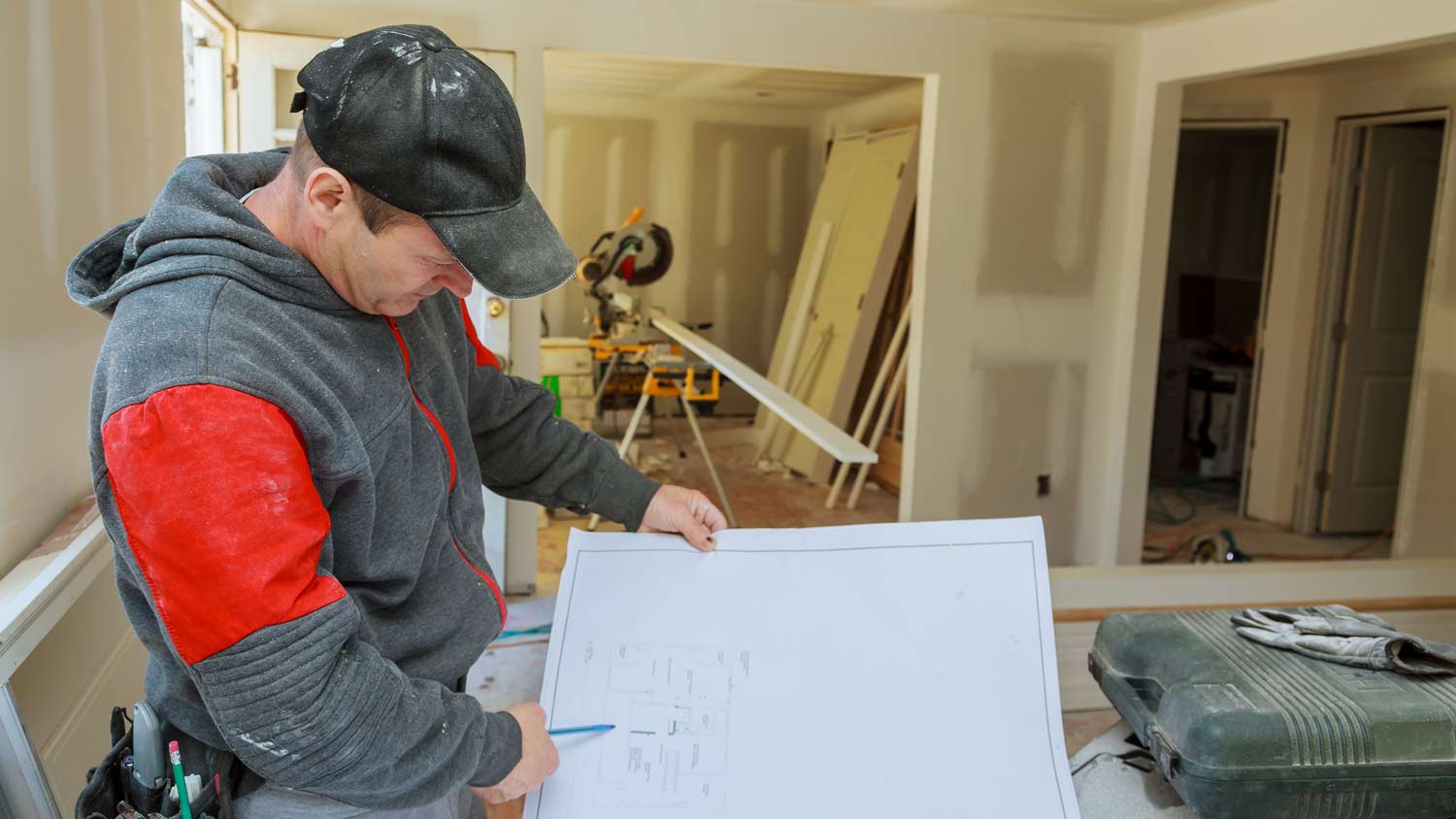
The cost of a structural engineer is easily justifiable given the value they bring to the table. Use this guide to see what hiring your professional will total in Seattle, WA.
Crucial experts for any structural home projects


Structural engineers are responsible for ensuring a home or building design is structurally sound.
You’ll likely hire a structural engineer if you’re building new construction or making major renovations to your home.
Hiring a structural engineer costs around $550, on average, or between $70 and $250 per hour.
If you’re planning a home renovation or new construction build, you’ve probably heard of structural engineers, alongside countless other professional titles, like architects, draftspeople, and general contractors. Knowing who to hire starts by understanding what a structural engineer is and what services they can provide.
A structural engineer is a highly skilled professional who focuses their efforts on ensuring a building is structurally sound. Some structural engineers offer actual construction services if they have contractors on staff, but many just offer design services and consultations to confirm if a building or plans for a building are safe. They typically need at least a bachelor’s degree, although a master’s degree is common, and they need to be licensed by the state in which they operate.
The primary job of a structural engineer is to determine if and when a structure is structurally sound if it’s built already or will be structurally sound in the case of new construction.
They consider many factors that can affect structural stability, including the weight and strength of the materials you’re using for construction, the soil conditions beneath and around your foundation, the climate and weather in your area that can put added strain on your structure, and more.
The most common job you’d hire a local structural engineer for would be to design safe building plans for new construction, but any job that requires changes to your structural components, including beams, floor joists, rafters, and load-bearing walls, may require help from a structural engineer. They can also help determine if walls are load-bearing or safe for removal.

You may want or need to hire a structural engineer if you’re planning any of the following projects:
Building new construction
Expanding your home with a home addition
Major renovations to your existing home
Removing load-bearing walls
Changing your floor plan
Adding a dormer
Building a second-story deck
Widening openings for new windows or doors
Installing windows or doors in exterior walls
Upgrading to a heavier roof material
Installing solar panels
Assessing foundation cracks or foundational stability
Investigating signs of structural damage
Some warning signs of structural damage in your home include curving interior walls, horizontal cracks in the foundation, and sagging floors or roofs. Calling in a structural engineer to take a look as soon as you notice these signs can save you from a bigger problem later on.
Structural engineers cost around $550, on average, but your total could fall anywhere between $200 and $1,500, depending on the scope of the work. Most homeowners pay between $340 and $780, or between $70 and $250 per hour.
From average costs to expert advice, get all the answers you need to get your job done.

The cost of a structural engineer is easily justifiable given the value they bring to the table. Use this guide to see what hiring your professional will total in Seattle, WA.

A damaged main support beam can cause serious structural damage to your house. Learn how much it costs to replace a main house support beam.

The cost of a structural engineer is easily justifiable given the value they bring to the table. Use this guide to see what hiring your professional will total in Dallas, TX.

Removing columns can open up a space, but you’ll need to exercise caution to avoid damaging your home’s structure. Use these steps to find out if your column is load-bearing.

It can be hard to choose the right pro for any job, but it matters. Learn how to hire a structural engineer who'll get the job done right from start to finish.

Before you can start a major remodel, you need to know how to tell if a wall is load-bearing. Learn what a load-bearing wall is and how to identify one.